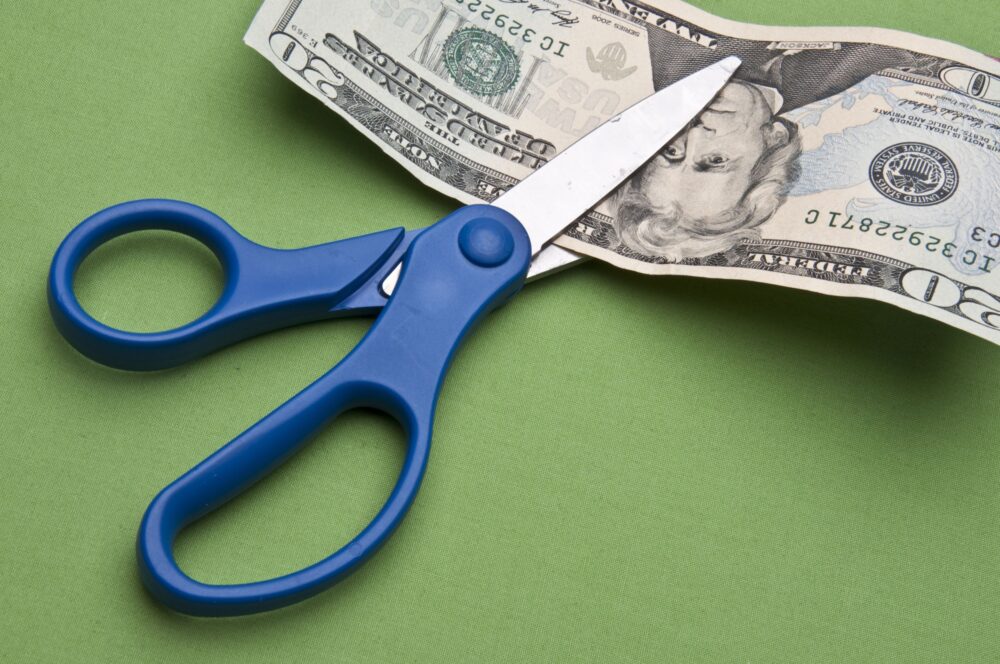In the modern financial landscape, plastic money has become the norm, with credit and debit cards forming the backbone of everyday transactions. While these cards often appear similar in size, design, and usability, they function through distinct mechanisms. Exploring their differences is essential for both financial literacy and informed decision-making.
How Do Debit Cards Work
Debit cards act as direct links to your bank account. When you make a purchase or withdraw cash at an automated teller machine (ATM), the amount is deducted instantly from your available balance. No borrowed capital is involved. For example, if your checking account has $500 and you spend $100 using your debit card, only $400 remains available for use.
Key aspects of debit cards consist of:
1. Immediate Fund Transfer: Payments are completed using existing funds. 2. No Interest or Credit Building: Because you are not borrowing, there is no interest charged or credit score impact for usage alone. 3. Direct Account Access: Most debit cards offer instant notifications, making it easier for users to monitor spending and maintain account security. 4. Overdraft Possibility: Some banks enable overdraft facilities, allowing you to spend slightly more than your balance, often with associated fees. 5. Limited Fraud Protection: While debit cards offer some security, fraudulent withdrawals or unauthorized transactions can be more difficult to reverse, leaving your personal funds vulnerable.
Comprehending Credit Cards and How They Work
Credit cards, on the other hand, provide users with access to a predetermined line of credit issued by a financial institution. When you use a credit card for transactions, you are essentially borrowing money up to your credit limit, which you agree to repay at a later date. The credit card issuer pays the merchant immediately on your behalf.
Key features of credit cards encompass:
1. Delayed Payment: Cardholders receive a monthly statement summarizing all transactions; payment is due after a grace period, usually 21-25 days. 2. Credit Score Impact: Consistent usage and timely repayments contribute positively to your credit history, influencing loan eligibility and interest rates. 3. Interest and Fees: If the full payment is not made by the due date, interest charges are levied on the outstanding amount. Additional fees may apply for late payments and cash advances. 4. Enhanced Protection: Federal law in certain countries limits your liability for fraudulent charges, and many issuers provide zero-liability policies for unauthorized transactions. 5. Perks and Rewards: Credit cards often offer benefits such as cash back, travel miles, insurance coverage, and access to exclusive deals.
Practical Scenarios Highlighting the Differences
Think about the situation of reserving a hotel room or hiring a vehicle. Numerous service providers either prefer or demand a credit card to handle any additional expenses or possible damages. Credit cards are preferred in these cases because preauthorization methods temporarily lock a portion of your credit line without actually taking any money from your account. On the other hand, when using a debit card, comparable holds will instantly limit your access to that money.
Another example is online purchases. Credit cards offer robust fraud protection and dispute resolution benefits, making them safer for digital transactions. Debit cards also provide online payment capabilities, but in the event of fraud, immediate withdrawals can lead to temporary cash flow issues during resolution.
Regarding managing daily expenses, debit cards are beneficial for individuals aiming to restrict their expenditures to the balance at hand, thereby reducing the chance of incurring debt. On the other hand, people using credit cards can benefit from cash flow management, emergency fund access, and the ability to establish credit history, assuming they maintain financial self-control.
Examining Costs, Benefits, and Risks
From a financial viewpoint, debit cards typically do not have yearly fees, but certain high-end choices may. Credit cards, particularly those offering extensive rewards, can incur high annual costs; premium cards might charge over $500 yearly. Charges for transactions differ: using a debit card at an ATM not affiliated with your bank often results in extra fees, and credit cards could apply foreign transaction charges on overseas buys.
Risk elements differ. For debit cards, the primary concern is the direct loss of personal money because of theft or unauthorized use. Safeguards, even if enhanced, could result in temporary unavailability of your funds. In the case of credit cards, the risks involve spending beyond means, gathering interest-accruing debt, and possible adverse effects on credit scores due to delayed payments.
Distinctions in Regulation and Customer Protection
Regulatory frameworks frequently ensure stronger safeguards for credit card users. For example, in the United States, the Fair Credit Billing Act caps liability for unauthorized transactions at $50. In contrast, debit card liabilities, regulated by the Electronic Fund Transfer Act, can be greater if fraudulent activities are not reported within designated time limits.
Global differences also matter. In some countries, credit card penetration and protections are extremely high, encouraging their use for both security and rewards. In markets where debit cards dominate, strict regulations and cultural attitudes toward credit influence transaction preferences.
Choosing Between Credit and Debit Cards: Factors to Consider
Decision-making should align with individual financial goals, habits, and needs. Those striving to avoid debt and practice disciplined budgeting may find debit cards more suitable. Users wishing to leverage rewards, enhance cash flow, and build long-term credit histories typically gravitate towards credit cards.
Consider these questions:
1. How crucial is immediate access to your money?2. Can you commit to paying off credit card balances each month?3. Do you find reward programs and purchase protections useful?4. How comfortable are you with handling potential debt?
Understanding the key differences between debit and credit cards allows consumers to handle financial matters with increased assurance. Each card offers specific benefits and drawbacks, influenced by personal goals, regulatory guidelines, and the ongoing development of financial technology. Using these financial tools wisely can result in better financial status and greater prospects in both personal and business settings.




